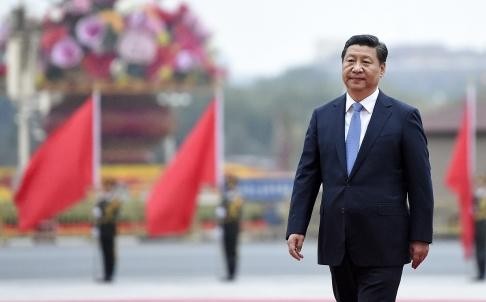China celebrated its first-ever national Constitution Day on Thursday to promote legal awareness and enhance the rule of law.
On Nov. 1, Chinese legislators under President Xi Jinping's administration decided to designate Dec. 4 as a national holiday to celebrate the inauguration of the country's Constitution to showcase the widespread acceptance of the rule of law.
Schools, government offices and state-owned establishments observed nationwide activities simultaneously during the new holiday.
The celebration is part of Xi's campaign toward institutionalizing the ruling Communist Party of China's powers, while fortifying the country's legal system to develop efficacy as well as reduce--if not eradicate--corruption in the government.
"The Constitution is the highest law of the country and embodies the will of the party and the people," Xi said in a statement released in the CPC's flagship newspaper People's Daily.
According to the Chinese president, the newly inaugurated holiday was established to enhance the people's understanding of the law and to raise awareness as to its importance.
China's Constitution, adopted 22 years ago on the fourth day of December, was based on a previous version promulgated in 1954 under the leadership of Chinese revolutionary and People's Repulic of China founding father Mao Zedong.
Cambodian Institute for Cooperation and Peace Executive Director Pou Sothirak expressed his support for the celebration, noting China's firm commitment toward upholding the rule of law and its readiness in embracing the principle of democracy.
Critics, on the other hand, pointed out inherent contradictions in the campaign and cited how the Chinese government refused to allow independent oversight as well as strict media censorship.



























